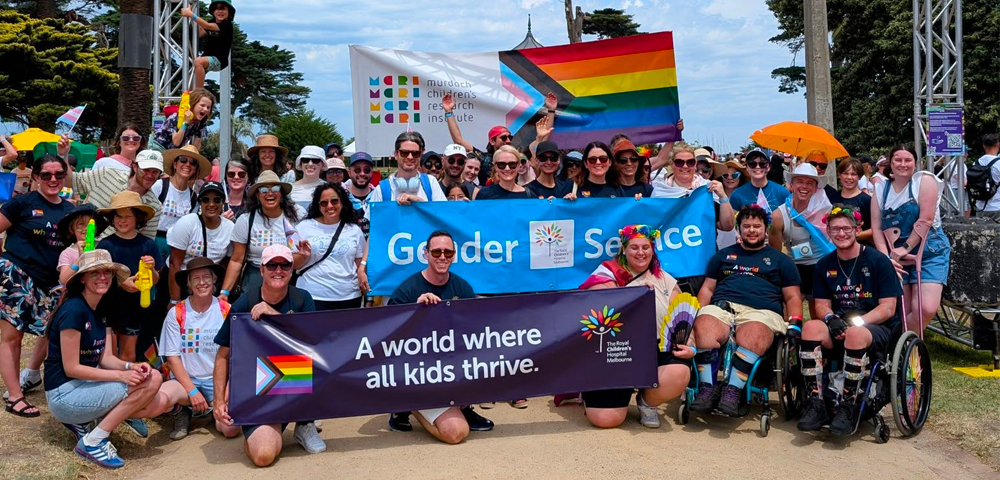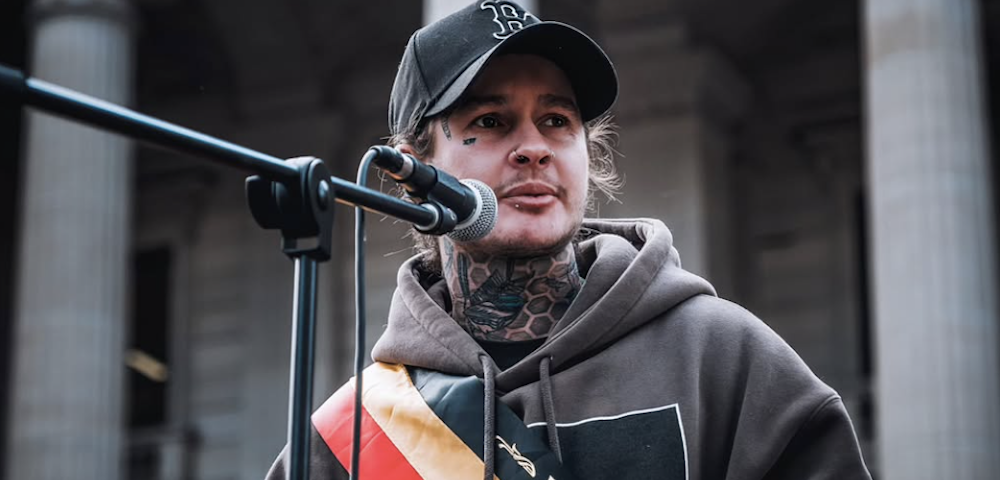
US lifts HIV travel ban
People living with HIV will soon be able to travel freely to the United States with the 22-year-old ban now overturned.
HIV agencies in Australia and worldwide welcomed US President Barack Obama’s announcement on October 30 which signalled the end of a “discriminatory” policy. Obama lifted the travel ban on November 2.
The US regulation prevented non-US citizens living with HIV from entering the country and HIV-positive people wanting to become permanent US residents the chance to so only in exceptional circumstances.
ACON chief executive officer Nicolas Parkhill said the move will, in effect, save lives by lifting the stigma associated with HIV.
“At an international level, it will help ease the stigma associated with HIV and encourage people to get tested and receive treatment,” Parkhill said.
“This will significantly improve HIV prevention efforts here in Australia and especially in many Asian and Pacific countries where HIV transmission rates continue to escalate.”
Positive Life NSW chief executive officer Rob Lake said the move ended years of discrimination.
“When this ban was introduced over 20 years ago, there was widespread fear and ignorance about HIV,” Lake said.
“Since then, our understanding of the virus has come a long way but the US continued to keep this pointless ban in place, hampering research efforts as well as keeping families separated without any benefit to public health.”
PLWHA Victoria president Paul Kidd said the “overdue” change would prevent unnecessary underhand methods some HIV-positive people adopted in order to travel to the US.
“This is an unfair and discriminatory rule that is emblematic of the worst kind of public health policy,” Kidd said.
“People living with HIV who travel to the US on business or for pleasure have in the past had to hide their HIV status and hope HIV medications in their luggage aren’t discovered.
“Some people have taken treatment breaks, against medical advice, while travelling to the US.”
The HIV travel ban was put in place under the Reagan administration in 1987 at the height of the AIDS epidemic.
Former president George W Bush put the wheels in motion in his last term to repeal the ban.
“Lifting a policy that so clearly violates both human rights and public health needs is long past due,” Human Rights Watch director of health and human rights Joe Amon said.
“Countries around the world that still have bans should follow this example.”
The change will go into effect in early 2010.









